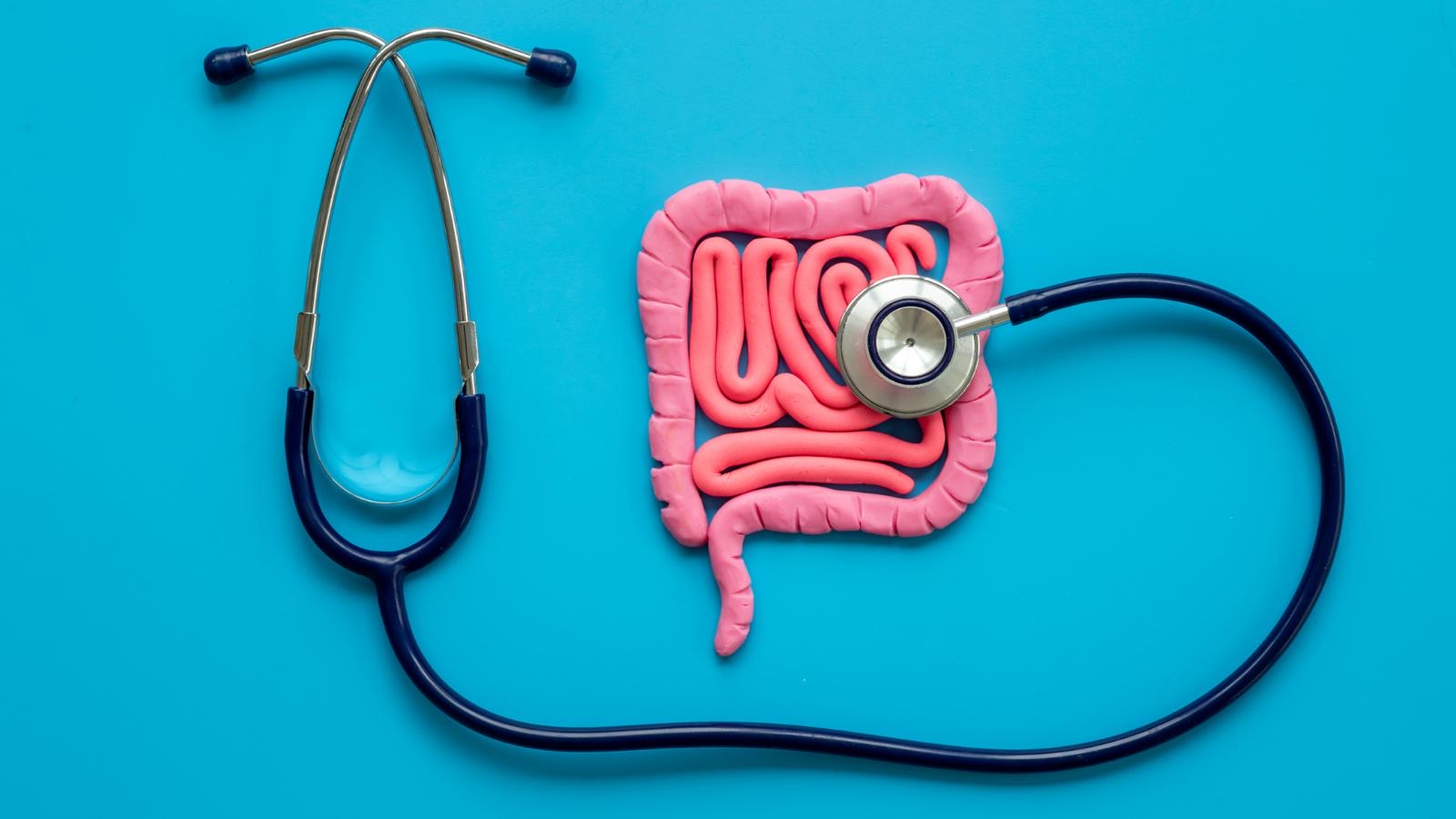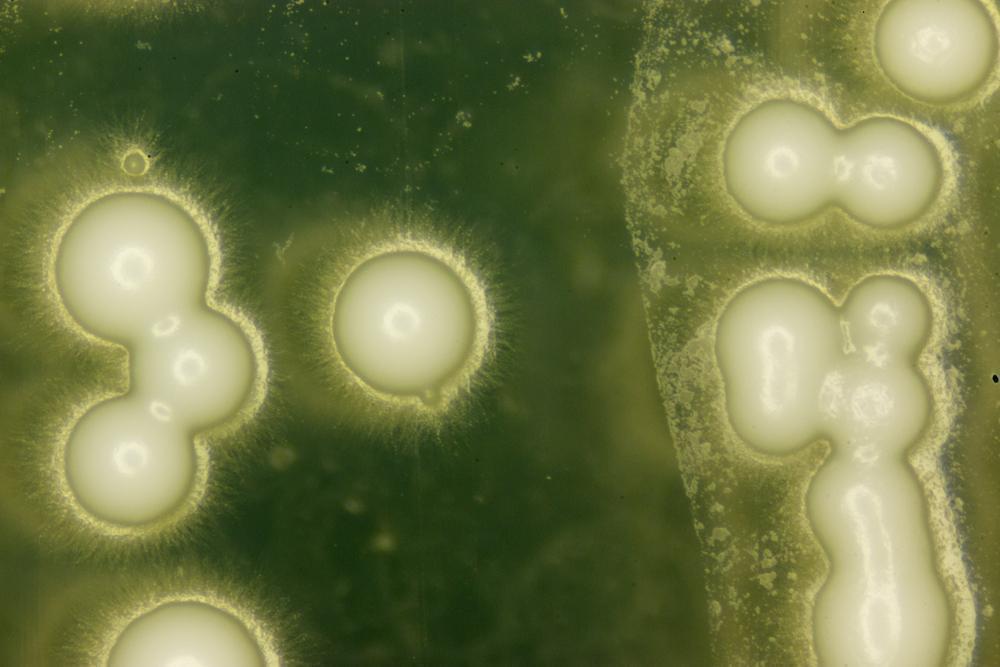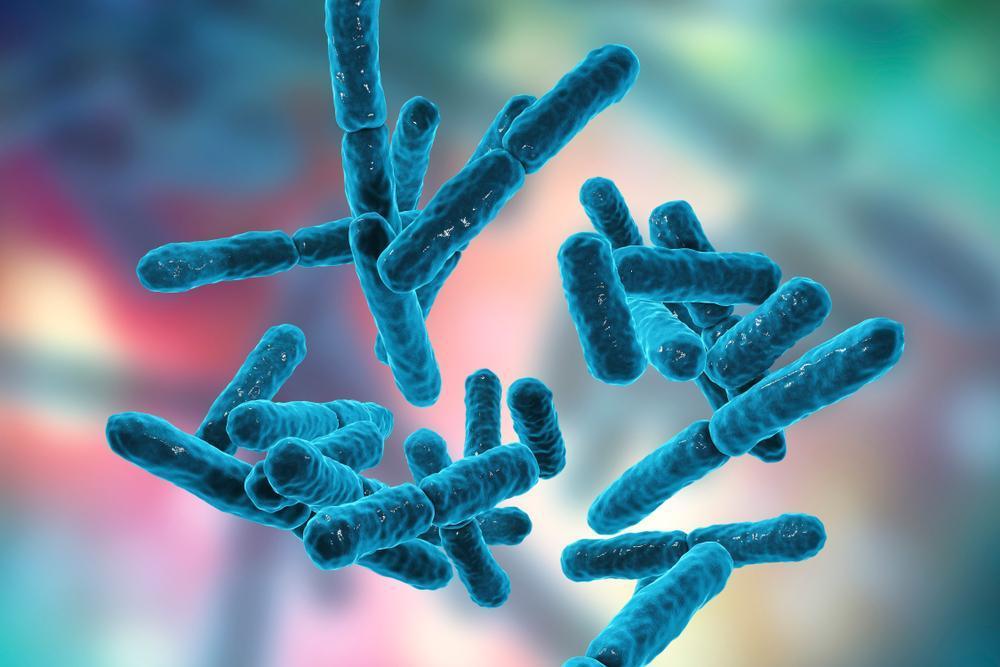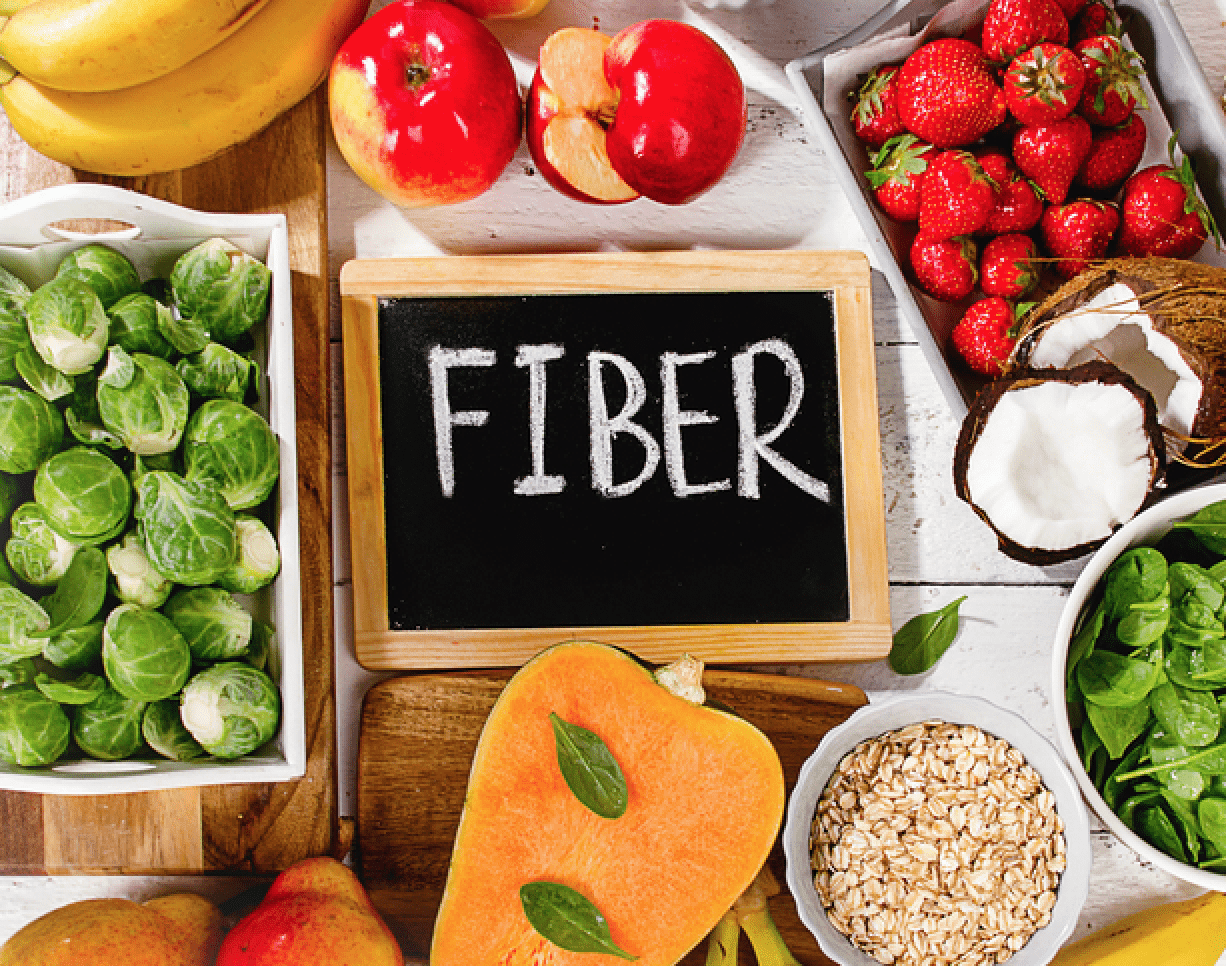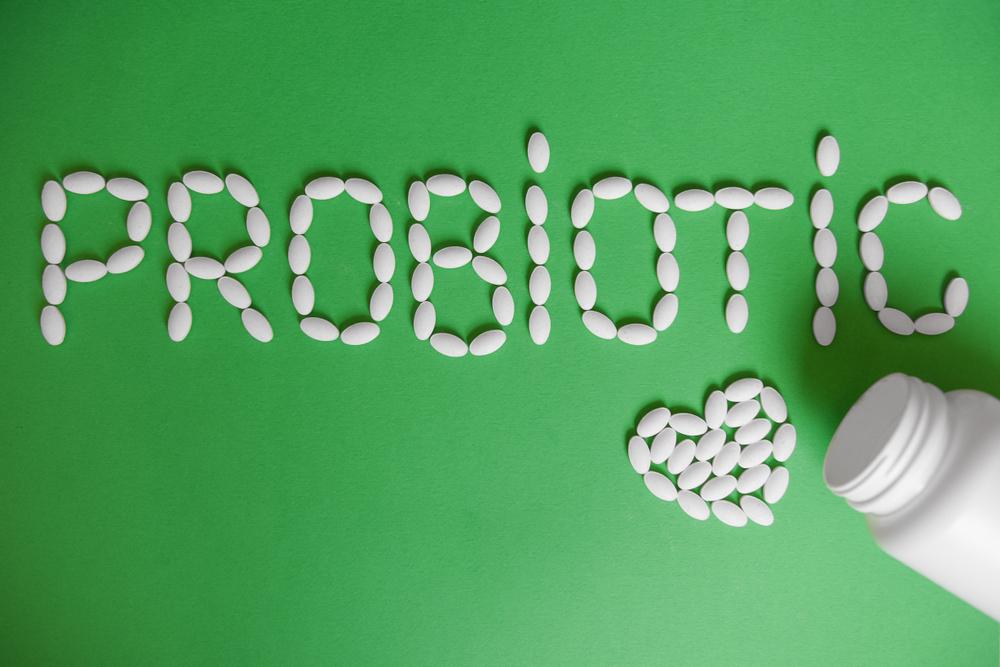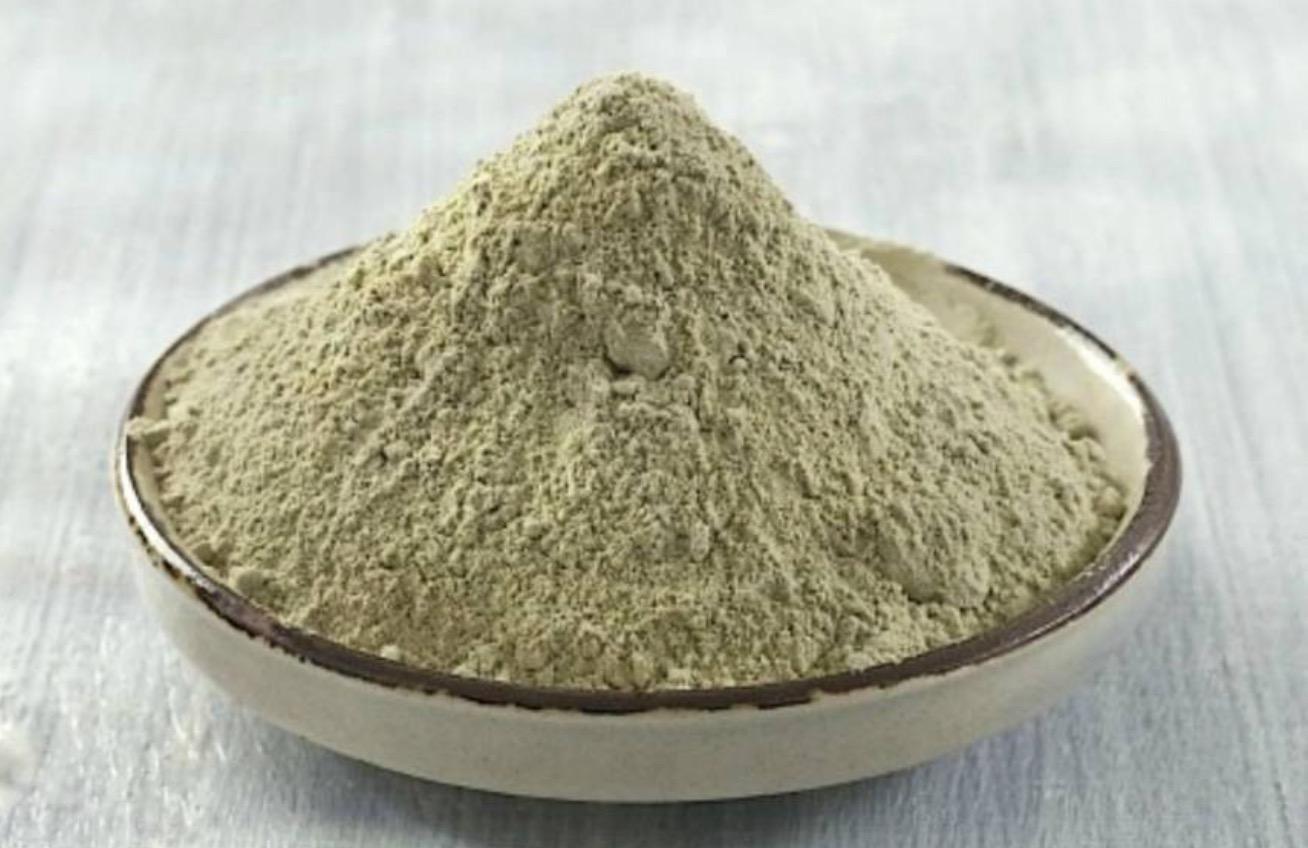Anxiety…the word that gets 337,000,000 hits on google. Many of us and our dogs would say, around that many things make us anxious in any one day, but anxiety for the dog can sadly be very life-limiting. Common signs include panting in the absence of exercise, pacing, salivating in the absence of food, inappropriate vocalisation, hyper-arousal, or lethargy and repetitive or compulsive behaviour. Not only that, but there are recognised cases of separation anxiety in the dog where they will dig at exit points, toilet inappropriately and the above behaviours become worse when separated from their guardian.
Causes of anxiety are vast, what some dogs will find exciting, others will find stressful. This is where a better understanding of anxiety lies. In humans, anxiety is defined as a fear or worry, whereas stress is a response to a threat or situation. In the dog, if we consider separation anxiety, whilst dogs may respond to the trigger of you picking your keys up, or getting your coat, they exhibit a stress-response.
Seeing as bonfire night is upon us, we thought we would talk about how to support and modulate this stress response.
Stress is a response in the autonomic nervous system. The sympathetic nervous system primes for flight or flight. The parasympathetic nervous system then comes along to balance it all out, and primes to rest and digest.
Whilst this is a very generic overview of the stress-response, there are many processes that are going on, on the inside. To this end, certain nutrients can support and modulate stress responses and help to maintain a balanced system.
Magnesium
Often noted as the ultimate chill pill, magnesium is an essential nutrient that many are deficient in. Its low levels are regularly established incases of depression in humans, so it is clear it plays a role in mood modulation and the stress response.
Findings here
Magnesium affects a number of neurotransmitter systems. Firstly, it inhibits excitatory neurotransmitters. Excessive excitation can lead to the death of brain cells, which affects the overall structure and functioning of the brain. Magnesium also acts as a cofactor in the serotoninergic system. As we know serotonin is the happy chemical, and low levels of magnesium are regularly linked to low serotonin levels.
Not only that, but magnesium excretion is increased during times of stress. Catecholamines and corticosteroids enhance the shift of magnesium from inside the cell to outside of the cell leading to increased urinary excretion. In turn, low magnesium levels increase the release of stress-associated hormones. This unfortunately creates a cycle of a reduced resistance to stress.
Magnesium is found in leafy greens, nuts and seeds. The ones packing the highest punch are spinach and pumpkin seeds.
Magnesium is also necessary for calcium absorption, so balancing these levels is key. High levels of calcium increase the need for magnesium. High dosages of vitamin D can also induce magnesium depletion. As an aside, magnesium competes with fluoride in the body and will decrease absorption, minimising the impact of fluoride in the body.
Knowing that magnesium is a key player in many of the systems necessary for balanced mood and can be depleted further in times of stress, it pays to add magnesium rich foods to your dog’s diet.
L-Theanine
An amino acid found in tea leaves; its relaxing effects have been noted in humans for a while now. This is appearing to be true for our canine companions too. In mammals, L-Theanine can cross the blood-brain barrier within an hour after administration. It appears to remain in the plasma and brain for several hours after. L-Theanine isseen to facilitate the generation of alpha waves which are indicative of a relaxed but awake and alert state. L-Theanine helps regulate the usual stress responses like increased blood pressure, heart rate and cortisol secretion.
In dogs, L-Theanine treatment has been seen to reduce anxiety scores during storms in fear of humans.
Findings here
There is also evidence for L-Theanine improving cognitive function and performance in test situations.
Findings here
It is thought that because of its similarity to glutamate, it can interact with the same receptors, therefore playing a role in neuroprotection against glutamate toxicity. There are also reports of increased GABA activity in the brain following L-theanine administration and we know that GABA is the brakes of the brain.
Findings here
Green tea contains the highest L-theanine content, and in moderation is perfectly safe to offer to your dog. Alternatively, there are a number of L-theanine supplements available.
Findings here
Vitamin D
Every tissue in the body has vitamin D receptors, but it is the ones in the brain we are most interested in. Vitamin D activates genes that regulate the immune system and release neurotransmitters. In humans, vitamin D receptors are found in the same brain regions that are linked with depression, so we know it has an impact on mood; seasonal affective disorder ties in with this. It is thought that vitamin D plays a role in calcium balance in neurons, which helps to balance excitatory and inhibitory pathways in the brain. Not only that but vitamin D is linked to the regulation of nerve growth factor which is essential in neuronal survival. Offspring of vitamin D deficient mothers often experience learning and memory problems with altered grooming behaviours, and we know that grooming in most mammals is calming and comforting.
Findings here
The long and the short of it, vitamin D deficiency is regularly noted in cases of anxiety.
Findings here
Dog’s don’t have the same ability to synthesis vitamin D from the sun as we do, so they rely solely on dietary sources. Sources of vitamin D include oily fish, red meat, liver, and eggs.
There are several health issues that affect absorption of vitamin D, like IBD and exocrine pancreatic insufficiency along with having a low-fat diet. Supplementation is an option but being fat soluble be mindful of levels.
Magnesium assists in the activation of Vitamin D, so ensure adequate levels of Mg before you go all out on vitamin D!
B-Vitamins
Many of the B-Vitamins are involved in functions which directly impact the brain and nervous system. To single them out specifically, B12 and folic acid are reportedly low in cases of mood disorders in humans.
B-vitamins can become depleted during times of stress, the more the body requires them for tasks the more they need replenishing. Stress also affects the lining in the stomach and compromises its function. Intrinsic factor is essential in B12 absorption but lack of production due to compromised function can significantly affect B12 levels.
Stress can also induce changes in DNA methylation which involves adding a methyl group on to other chemical compounds which allows the body to do most of its processes. It is an essential process and one involved in the production and metabolism of many neurotransmitters. An adequate supply of certain B-Vitamins is necessary for a healthy methylation cycle. Much data has shown that the addition of methylated vitamin B complex in a dietary plan improves anxiety symptoms.
Findings here
B-Vitamins can be found in eggs, liver, kidneys, chicken, red meat, tuna, mackerel, salmon, shellfish and dark green vegetables like spinach and kale. Some B-vitamins can be sensitive to temperature, oxygen, humidity and/or light, for example, B6 is overly sensitive to heat, as is folic acid. However, B12 is slightly sensitive-sensitive to heat, air, and humidity, whilst stable in light. This is worth considering if you feed a supplemented food; consider how it is stored and preserved.
B-vitamins are also a key player in carbohydrate metabolism and refined carbohydrates often put the vitamin bank balance into debt. Being water soluble, they need regularly replacing in the body. Being water soluble does make them easier and safer to supplement safely.
Adaptogenic Herb
Adaptogens are non-toxic plants that are seen to help the body manage stress. Whether this is physical or mental. They help the body adapt.
An adaptogen should have the four ‘N’s:
- Nourishing
- Normalising
- Non-specific
- Non-toxic
And here are some of our favourites specifically relating to anxiety.
Ashwagandha
Commonly known as the Indian Winter Cherry or Indian Ginseng it is possible the most well known ayurvedic herb. It enhances the function of the brain and nervous system and is known for enhancing the body’s resilience to stress. Many studies have highlighted when pre-treated with ashwagandha, stress responses were diminished, specifically levels of adrenal cortisol.
Findings here
Ashwagandha has been seen to induce calming effects comparable to sedative pharmaceuticals and has reduced levels of tribulin which is an endocoid marker of clinical anxiety.
Findings here
Tulsi – Holy Basil
Tulsi certainly falls into the non-specific category; it has a range of effects on the body to promote general health, wellbeing, longevity and assist in the general stresses of life. Tulsi is seen to be a powerful detoxifier and antioxidant. It has been found to protect against cellular damage caused by a range of pesticides and heavy metals which can all create physical stress on the body. Not only that, but Tulsi is comparable with anti-anxiety pharmaceuticals, and further enhances memory and cognition. In trials, it is seen to greatly improve stress scores.
Findings here
Probiotics
We know that stress directly impacts gut function, but it also changes the bacterial community found in it. Subsequently, this affects stress-responsiveness and so our dogs get stuck in a vicious cycle.
Colonisation of the gut is thought to largely occur at birth, when delivery through the birth canal exposes the puppy to its mother’s vaginal microbiota. This is then modified through colostrum. What is particularly interesting is that mode of delivery affects colostrum composition, whether caesarean section or vaginal delivery.
Findings here
The microbiome is then influenced by nutritional status, environment, genes, antibiotic exposure along with any other pharmaceutical exposure. It has been established time and time again, that germ-free mice demonstrate more anxiety like behaviour and when the faeces of these mice are transplanted to other non-anxious mice, these non-anxious mice become anxious too. This shows us that certain bacteria are key to moderating mood. The administration of varied bacteria strains has demonstrated increased dopamine and serotonin production, revealing a direct link between the bacteria found in the gut and neurotransmitter production. This could largely be due to bacterial production of B-vitamins.
Probiotics have been seen to reduce anxiety-like behaviour, specifically lactobacillus rhamnosus. It is also thought to be a strain that can survive canine gastrointestinal transit.
Findings here
Findings here
Poor microbial diversity in the gut is regularly associated with a range of health conditions, including gut dysfunction. In humans, we regularly see comorbidity in cases of IBD/IBS and anxiety/depression. This too can apply to dogs. Again, they get stuck in a vicious cycle. Interrupting this cycle is key, which is why looking at your dog as a whole is essential in tackling any concerning behaviour.
Anxiety can be caused by a number of things in our dogs, it’s effects being widespread and often life-limiting. Nutritional status can be affected, but it can also inform. We know that certain nutrients are deemed low in cases of anxiety and we know that the very response, can deplete even further. Wholefood sources of beneficial nutrients can easily be included in your dog’s diet, but if you would like to explore a therapeutic approach to anxiety, then please book your consultation.
Here
Thanks for reading!
MPN Team x





